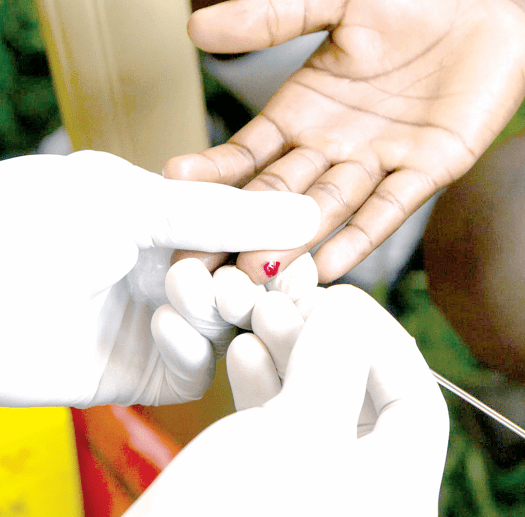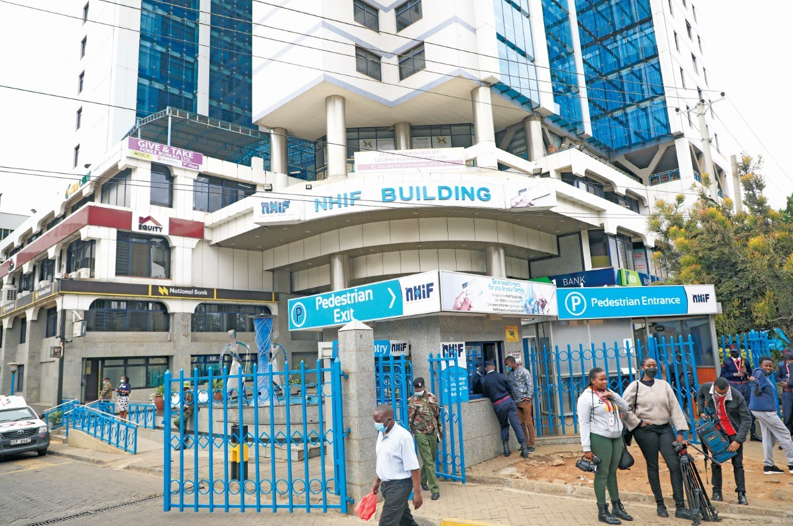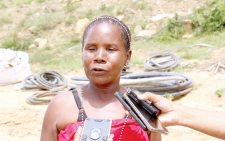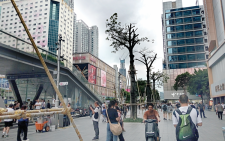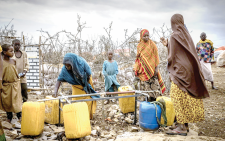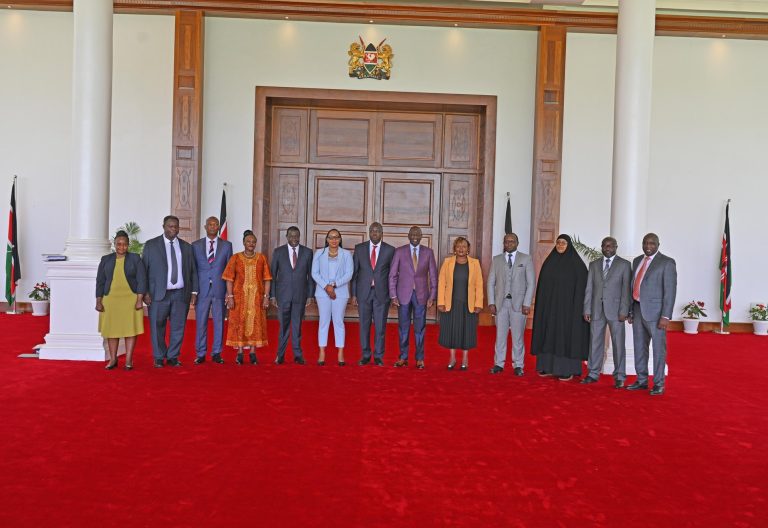A looming health crisis after pharmaceutical companies halt drugs importation

By George Kebaso
The country could run into a health crisis after pharmaceutical firms withdrew from the importation of all drugs into the country beginning tomorrow, further diminishing hopes of millions of patients.
The firms under the Kenya Pharmaceutical Distributors Association (KPDA) announced stoppage of importation of all drugs; medical products until the government rescinds the Pre-Export Verification Certificate Order (PVoC).
Pre-Export Verification Certificate Order (PVoC)
The Pre-Verification of Conformity programme applies to regulated product shipments at the respective exporting country of supply to ensure their compliance with the applicable Kenyan standards.
KPDA chairman, Dr. Kamamia wa Murichu said if the government does not review this position which he said has already affected the importation of a number of essential medicines, players in the drugs subsector, would not be ready to shoulder any further cost burden.
“We are not going to bring any drugs into the country until the President removes the caveat and that the Kenya Bureau of Standards is the one inspecting and issuing certification of these medicines,” he told People Daily through telephone.
High costs
He argued that the PVoC is not good for business owing to the fees requirements imposed by this certification order of Sh25, 000 (USD250) per product, translating to Sh250, 000 for importing 10 products.
“When inspections are done locally, the fees are even higher where an importer is forced to pay 30 percent more for the certificate. We have tried to engage Cabinet secretaries of Health and Trade, but they have distanced themselves directing us to approach the President,” Wa Murichu added.
Shipments of regulated products arriving at Kenyan Ports and Borders without PVoC shipment certificates will be denied a Kenyan customs clearance and therefore would be required to be shipped back to the country of supply or to the Port of a nearby country where PVoC certification of the shipment can be carried out by the concerned PVoC partner.
The cost for shipping from Kenya to the country of supply or the port of a nearby country shall be borne by the exporter, or importer, according to the requirements set out by Kebs.
The conformity assessment is carried out by PVoC partners in the Country of Supply. Intertek has been a KEBS approved PVoC partner since the inception of the PVoC programme in 2005.
Inadequate supply
Last week, speaking at the celebrations to mark World Pharmacists Day, Wa Murichu listed some of the medicine they fear could run out of stock as the highest in demand anti-cancer drugs; medicine of emergency nature, biological medicine, and cold chain commodities among others.
The pharmacists are arguing that the Pharmacy and Poisons Board (PPB) is capable of doing the inspections, meaning that the cost would be less.
Dr. Wairimu Mbogo, Chief Executive Officer, Meraky Healthcare Limited said the amount charged under the PVoC certification programme is still on the minimum, meaning it does not even work for specialized medication.
She said that they have seen companies being fined heavily even before the deadline slated for today, which is a cost added onto the patient.
“One of the Companies was fined for a special medicine shipment as it didn’t have PVOC through DHL (Pharma) but even as they are protesting they are asking other importers to be careful,” she told People Daily.
She questioned the value of PPB as a regulator in this market. “This does not happen anywhere else in the world and you cannot impose this on Pharmaceuticals,” she stated.
Mbogo said this means increased cost of medicines as well as delays in importation.
Last week, the pharmacists expressed frustration that in the last two weeks they have been trying to secure an import license to bring in medicines in vain.
The pharmacists argue further that this is a major setback to Universal Healthcare Coverage (UHC) whose goal is goal is to ensure that all people obtain the health services they need without suffering financial hardship when paying for them.
Author
Njange Maina
Njange Maina is a journalist by profession with a degree in Journalism from the Multimedia University of Kenya. He is currently pursuing a micro-masters degree in Digital Branding and Marketing. He is interested in digital media, human interest stories, and business journalism.
View all posts by Njange Maina